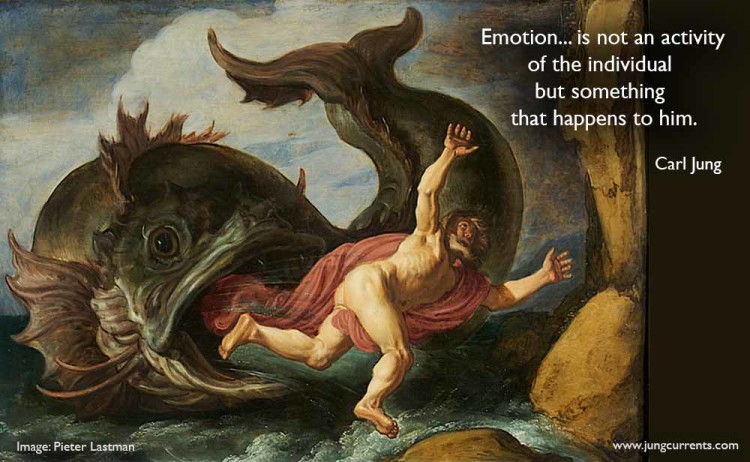Jung, on Emotions and the Shadow

The shadow is a moral problem that challenges the whole ego-personality…., for no one can become conscious of the shadow without considerable moral effort. To become conscious of It involves recognizing the dark aspects of the personality as present and real. This act is the essential condition for any kind of self-knowledge, and It therefore, as a rule, meets with considerable resistance. Indeed, self-knowledge as a psycho-therapeutic measure frequently requires much painstaking work extending over a long period.
Closer examination of the dark characteristics that is, the inferiorities constituting the shadow reveals that they have an emotional nature, a kind of autonomy, and accordingly an obsessive or, better, possessive quality. Emotion, incidentally, Is not an activity of the individual but something that happens to him. Affects occur usually where adaptation is weakest, and at the same time they reveal the reason for its weakness, namely a certain degree of inferiority and the existence of a lower level of personality. On this lower level with its uncontrolled or scarcely controlled emotions one behaves more or less like a primitive, who is not only the passive victim of his affects but also singularly incapable of moral judgment.
Aion

Step by step one can become aacquaintend with this part of the individual. Remembering old painful or shameful incidents, making sure amygdala hijack does not happen. The shadow can become oones lifelong companion.